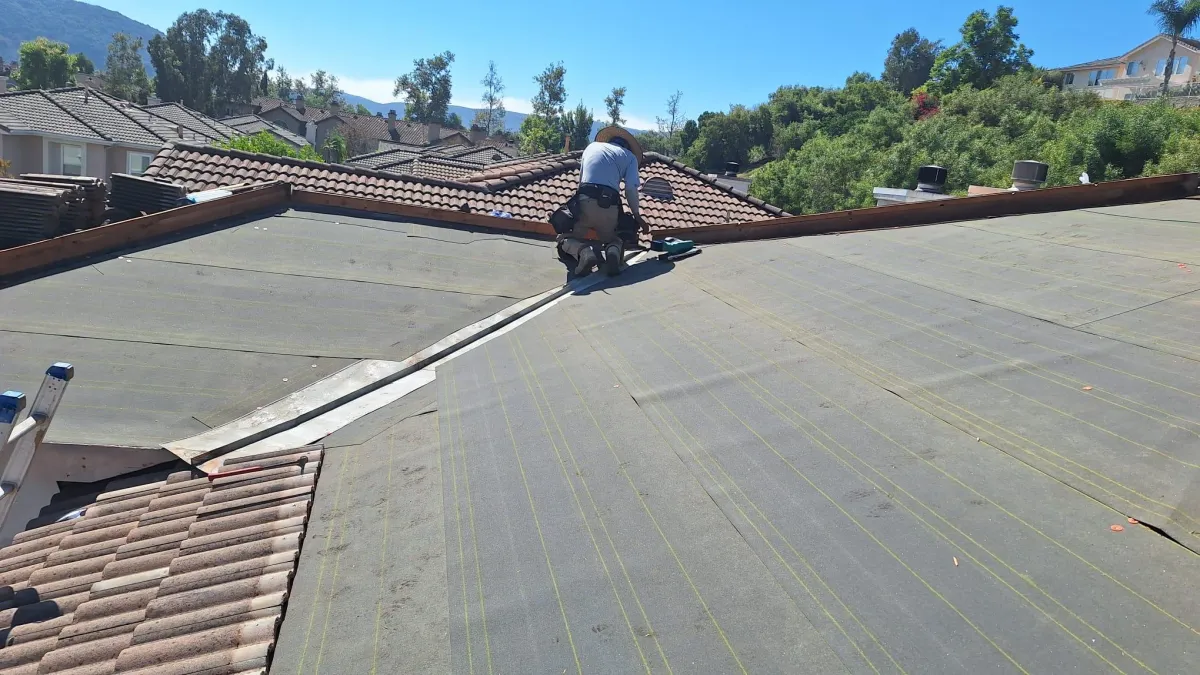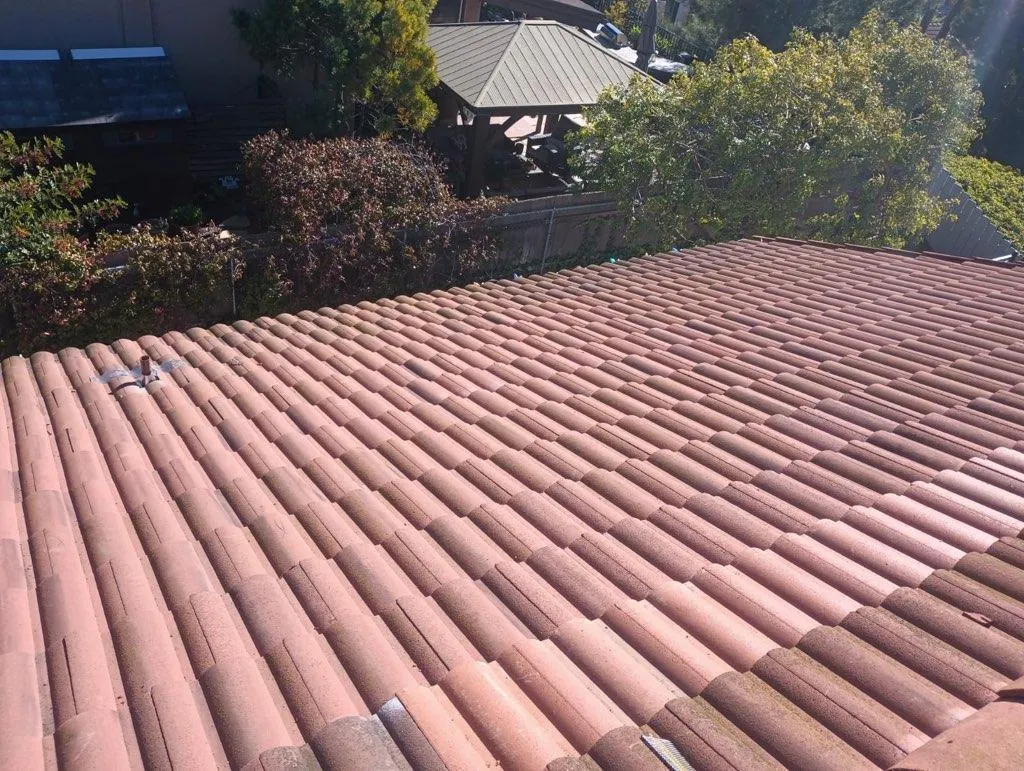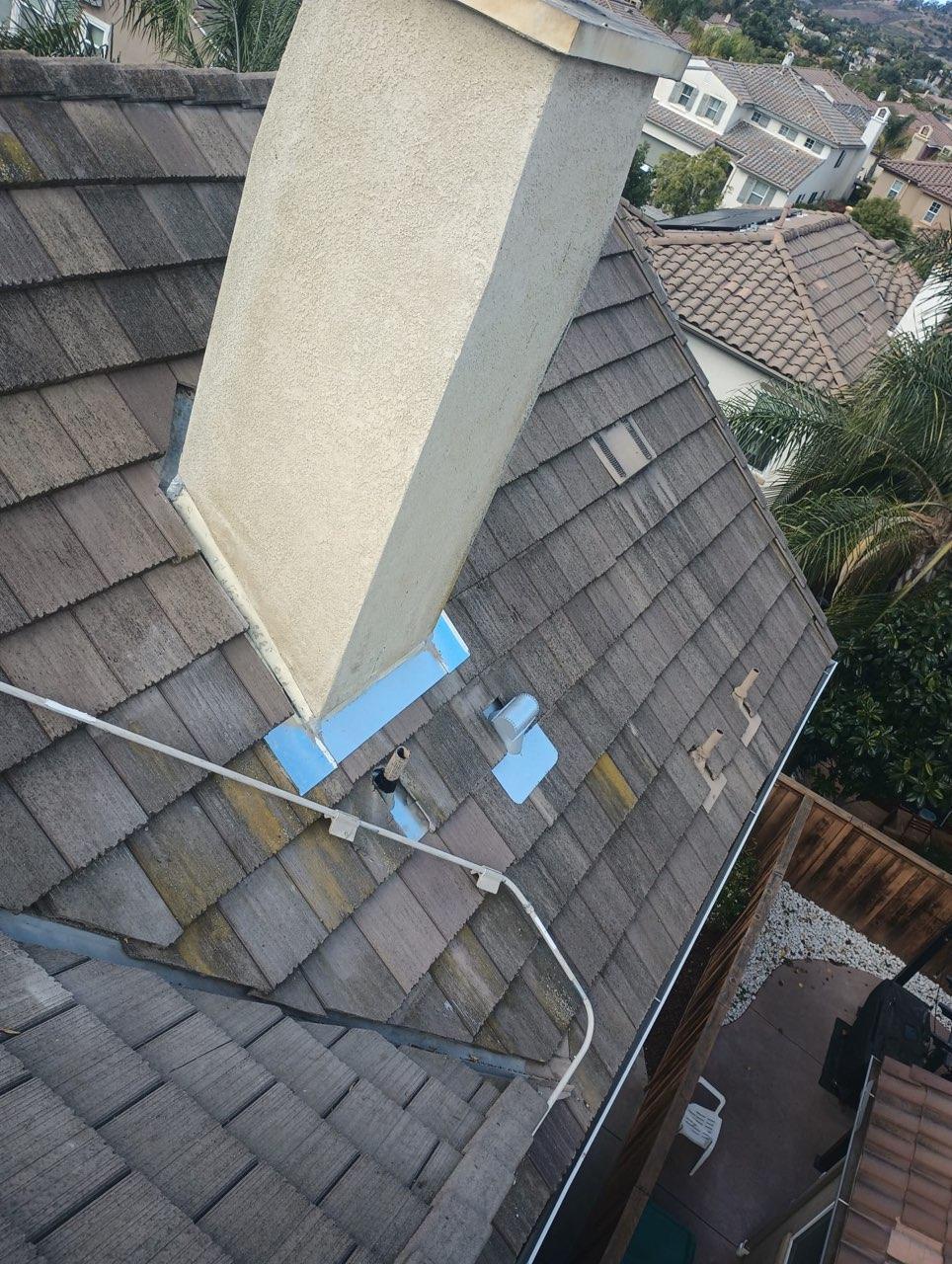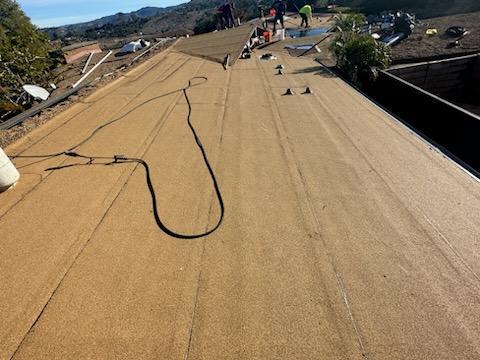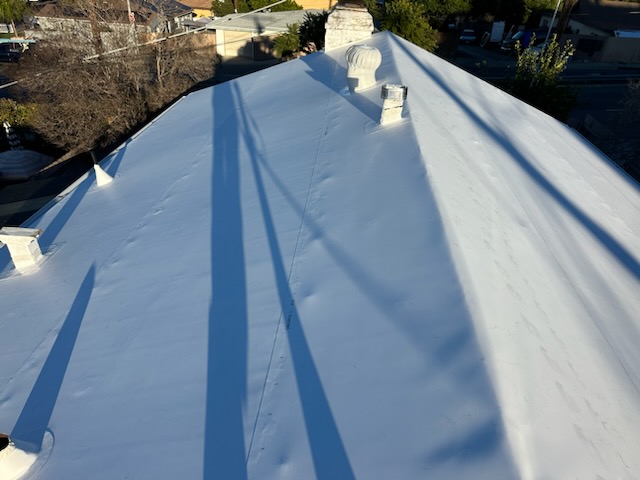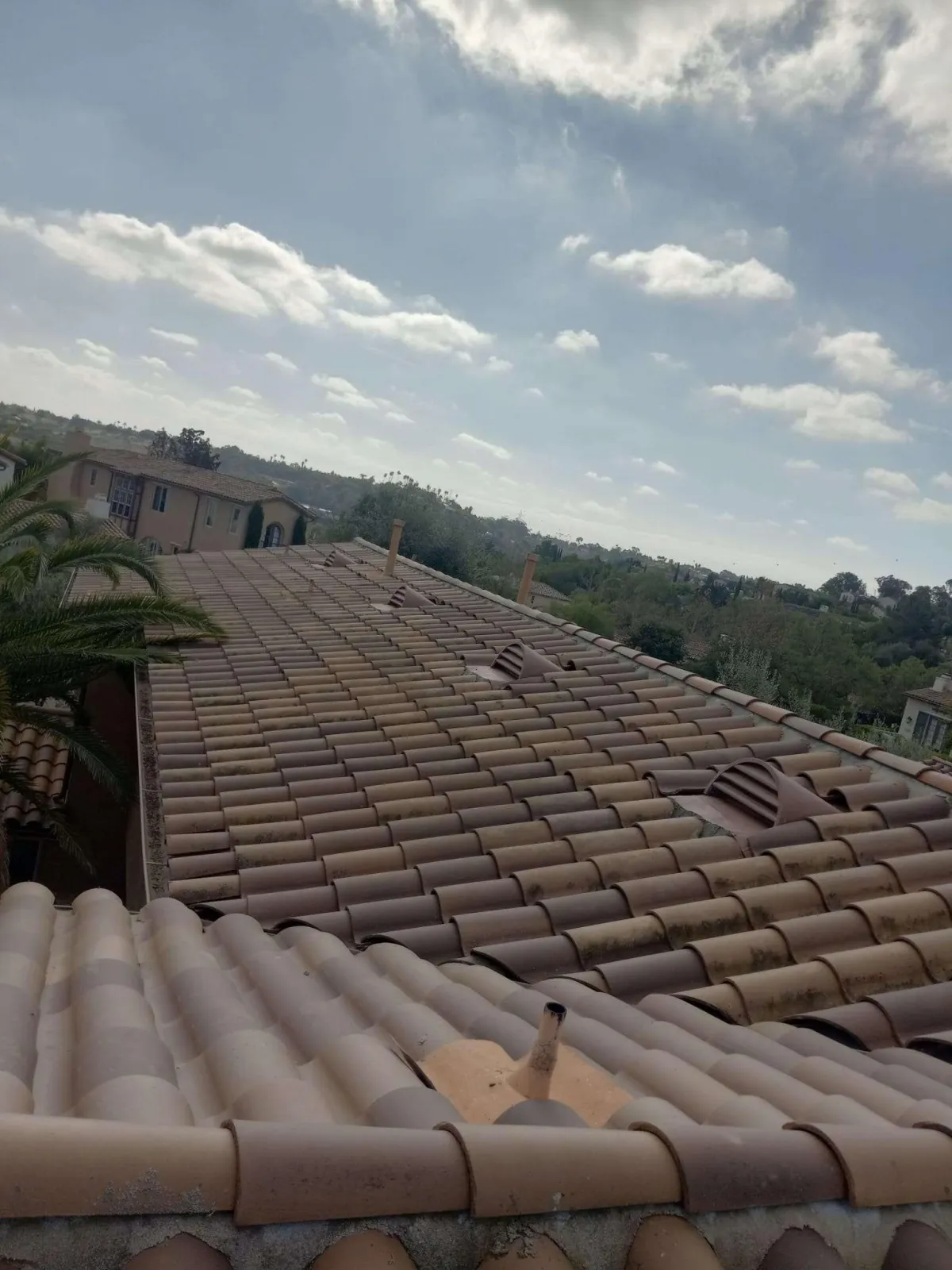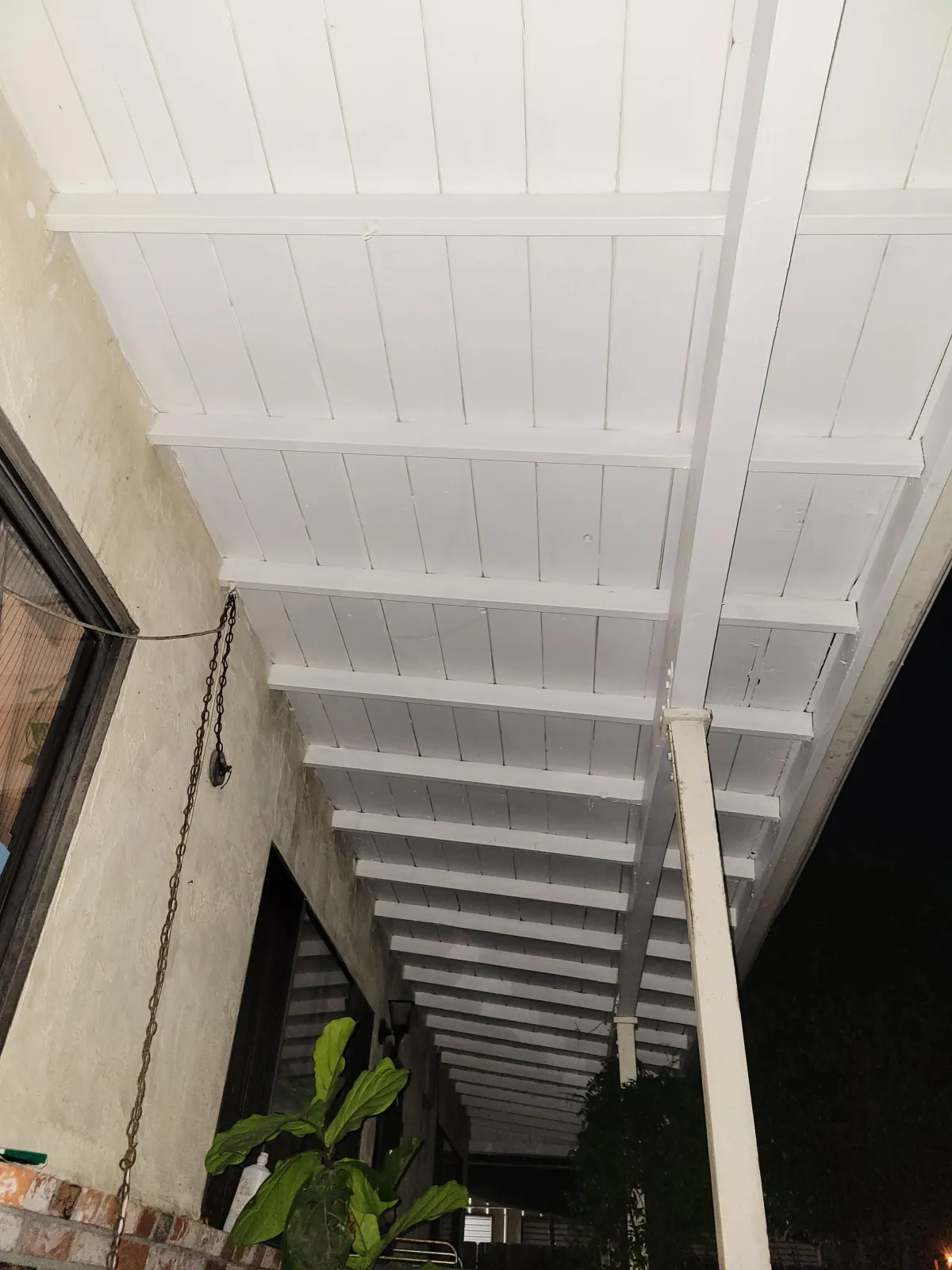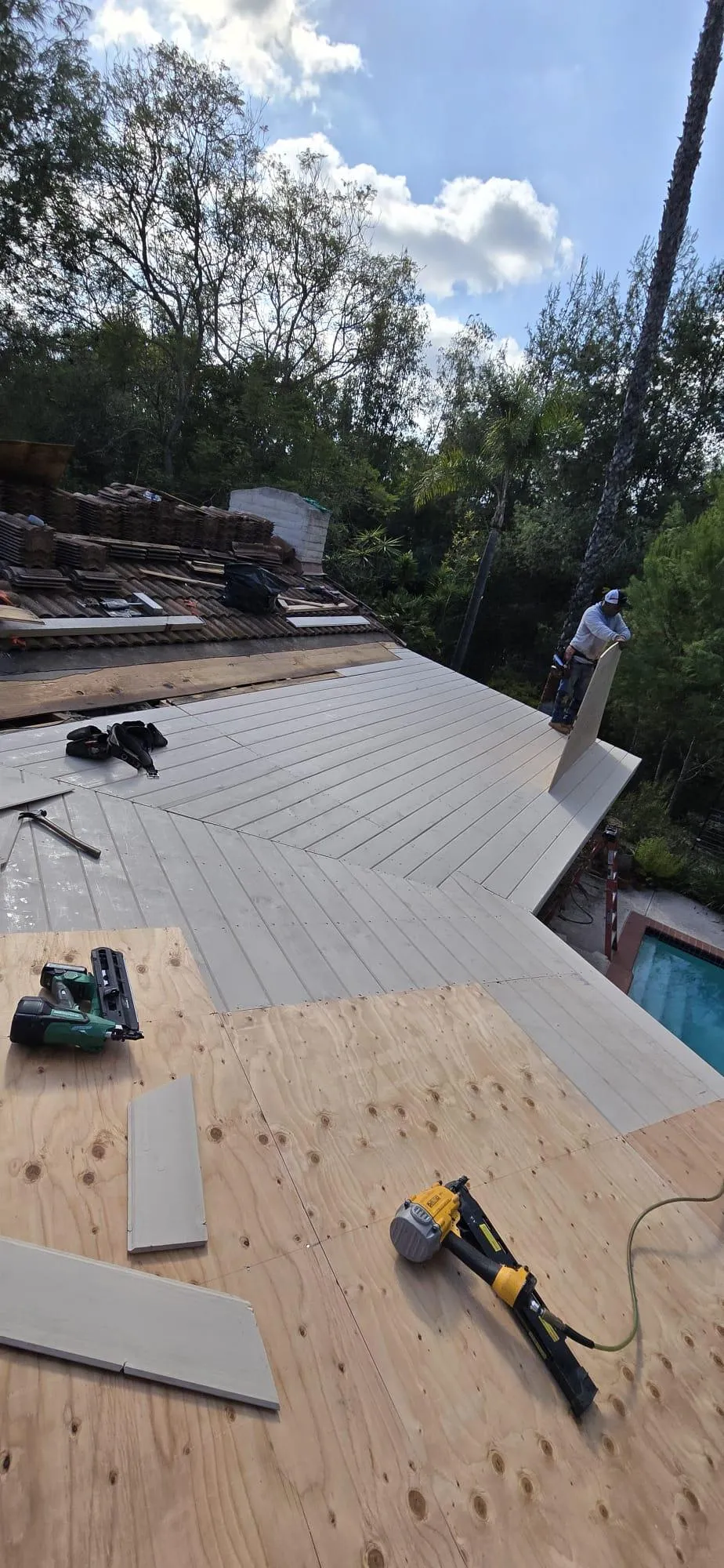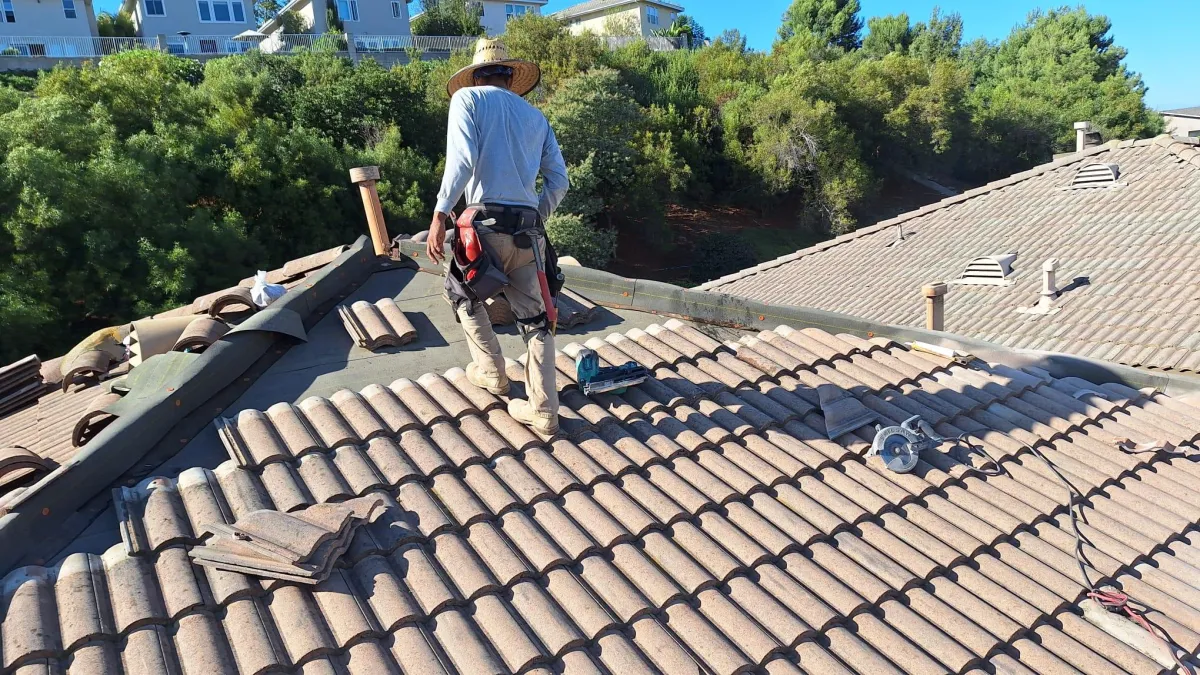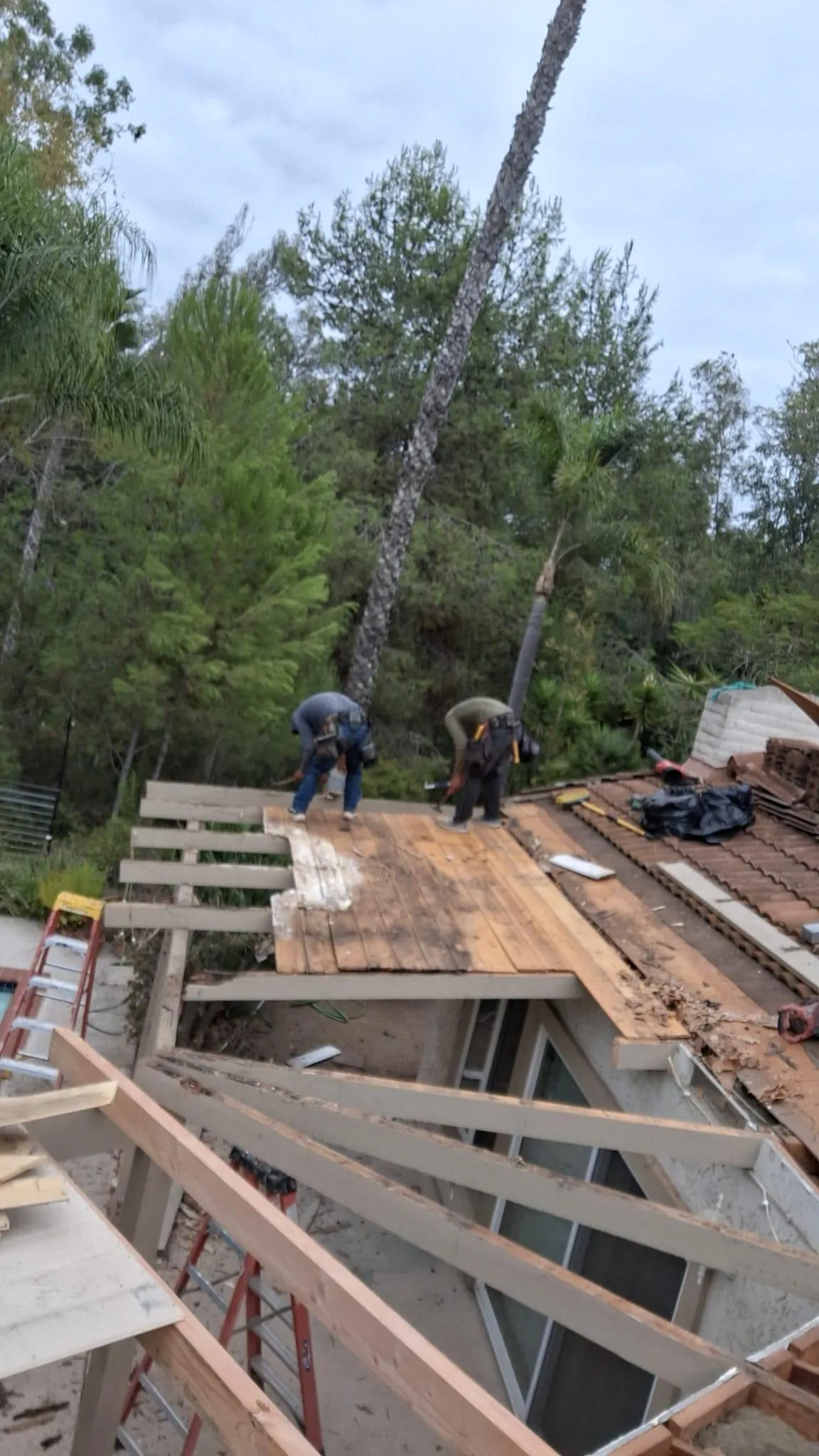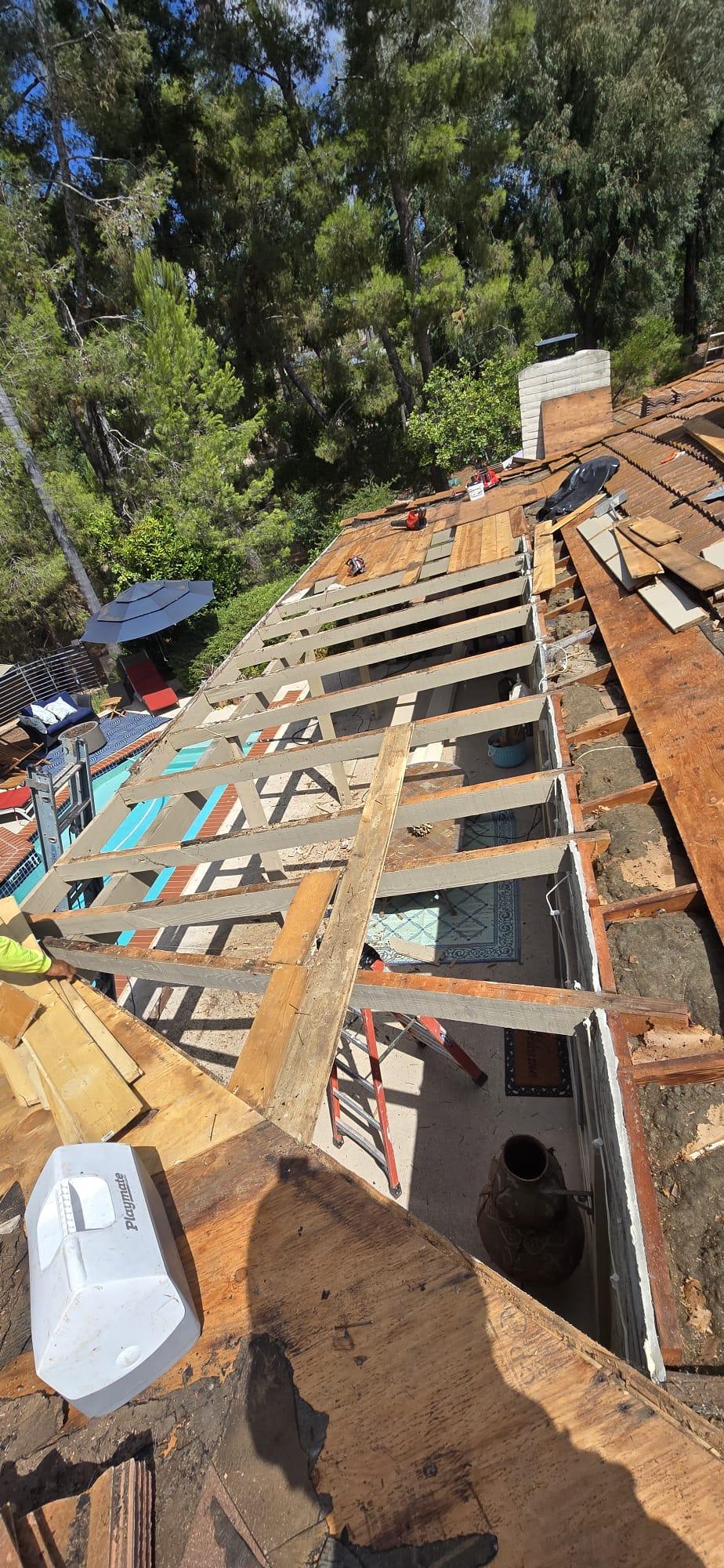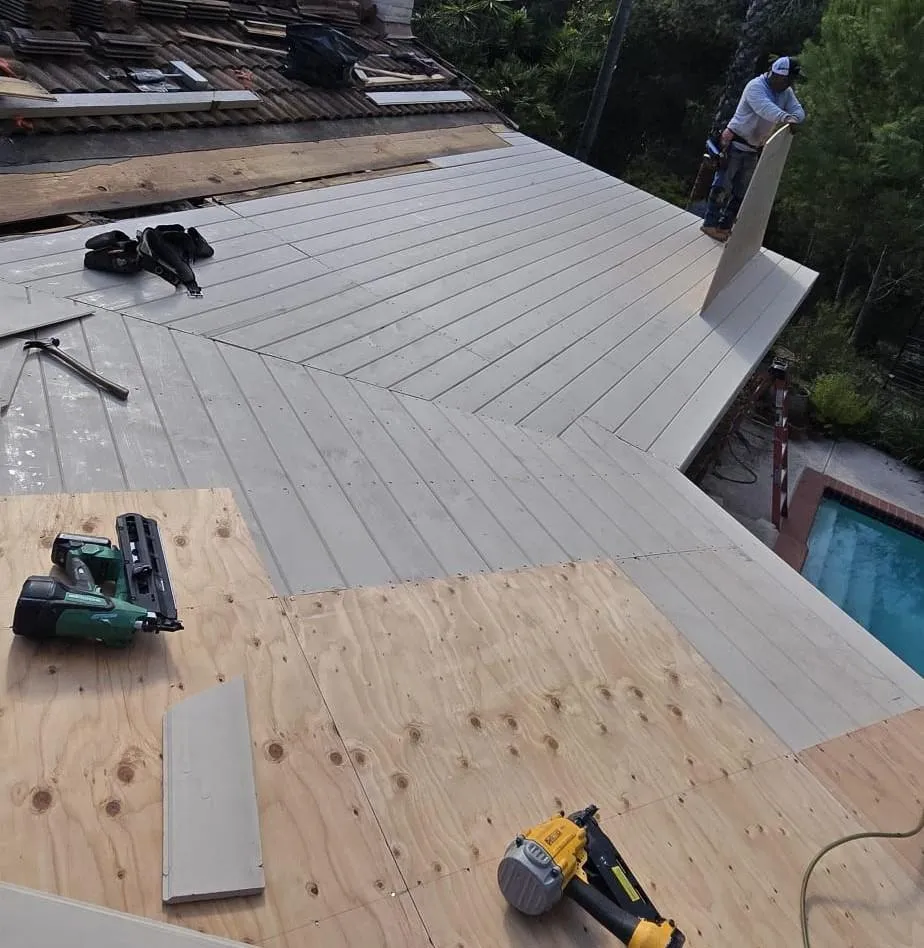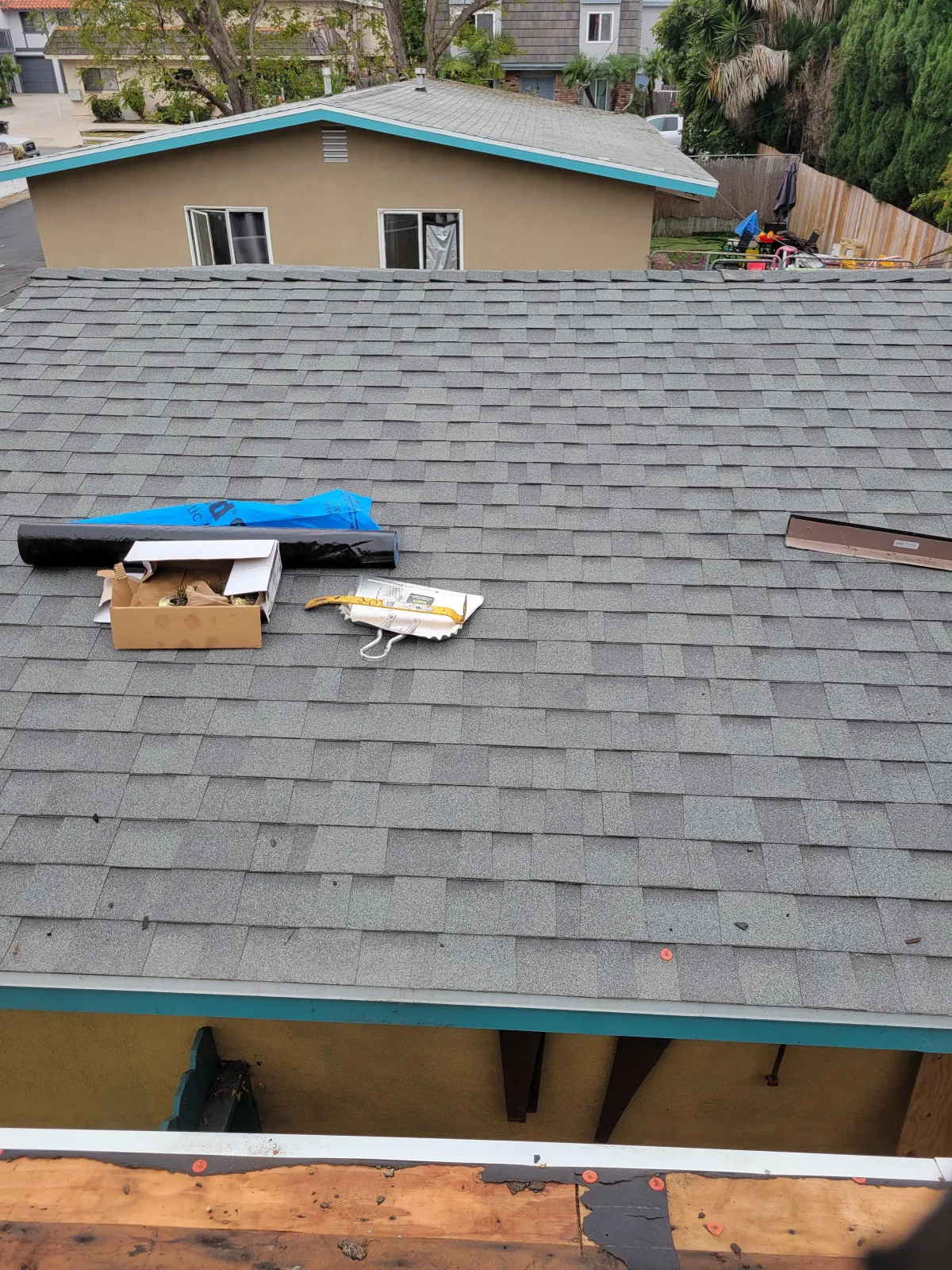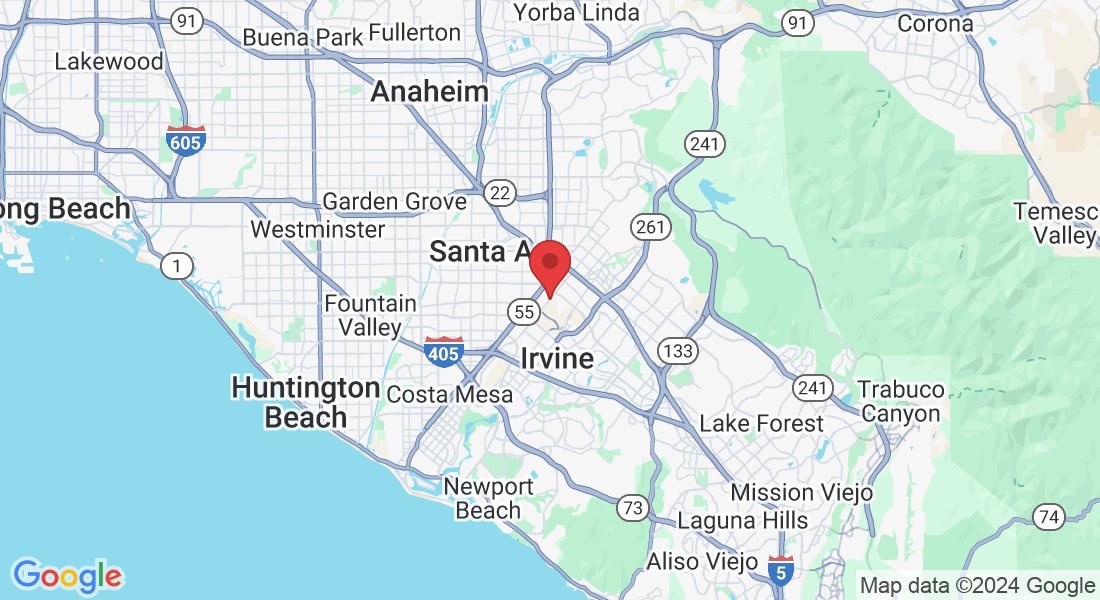Roofing Contractors
Orange County, CA
20+ Years Experience
100% Satisfaction Guaranteed
Free Estimates
Need an estimate?
Fill out the form below.
Welcome To Our Orange County Roofing Website
Hey Orange County!
Dealing with a leaky roof or thinking about an upgrade?
Well you've come to the right place because that's what we do, roofing! And roofing only.
ROOFING SERVICES

Residential
Roofing

Leak Repair

Roof Renewal (Coating)

Commercial
Roofing
Services
Residential Roofing
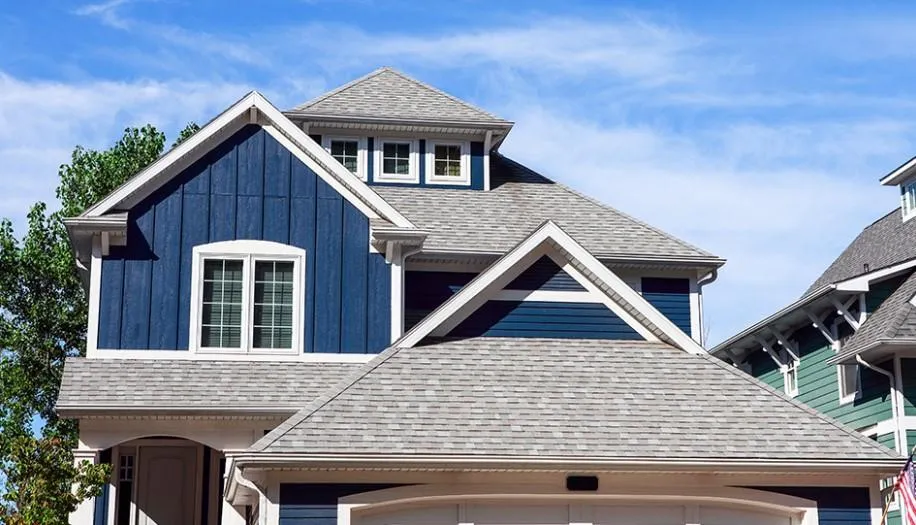
Commercial Roofing & HOA
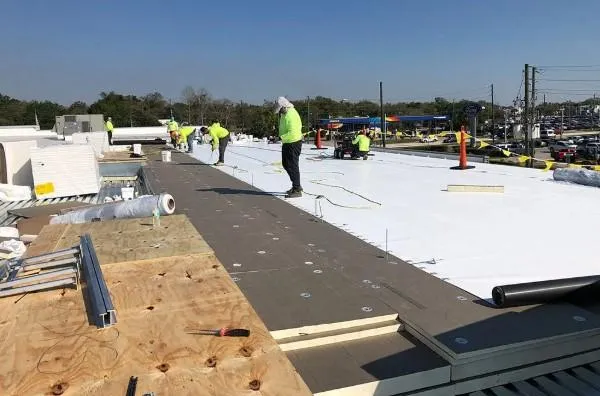
Roof Repair
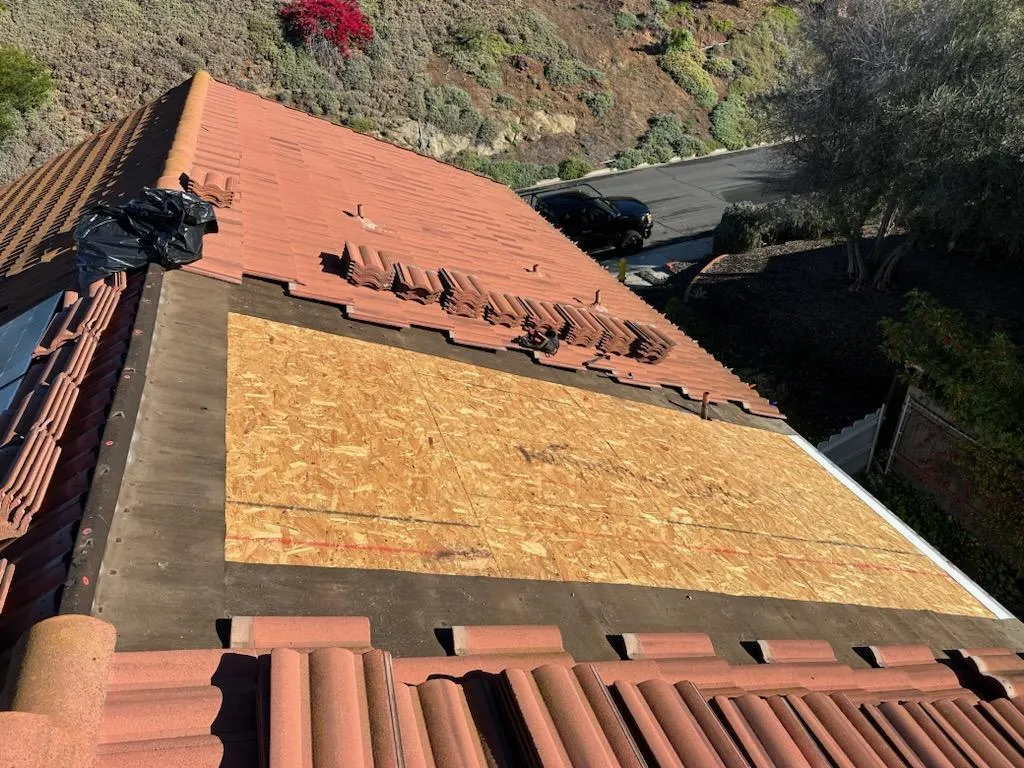
ROOFING COMPANY IN ORANGE COUNTY CA
Looking for reliable roofing companies in Orange County, CA? At Titan Roofing Inc., we’re proud to be one of the best roofing companies orange county has to offer. Whether you need a minor roof repair, a complete roof replacement, or a new installation, our team of roofers delivers top-quality craftsmanship every time.
We specialize in both residential and commercial roofing, using premium materials designed to withstand the unique coastal and inland weather conditions of Orange County. From asphalt shingles and tile roofs to flat roofing systems, our experienced contractors provide durable, long-lasting solutions tailored to your property.


ROOF REPAIR ORANGE COUNTY CA
Roof Leaking? We've Got You Covered! ☔️
Don't let a little rain ruin your day (or your ceiling!).
Were here to fix roof leaks and keep your home dry. Whether it's a missing shingle, a cracked tile, or something more serious, our expert team will get your roof back in tip-top shape in no time. 💪
Roof leak repair services include:
Shingle repair
Tile repair
Flat roof repair
We're like the roof repair oc superheroes swooping in to save the day (and your home) from water damage. 🦸♂️🦸♀️
So ditch the buckets and give us a call! We are the Orange County Roofing Contractors. We'll give you a free no-nonsense quote.
#orangecounty #wefixroofs 🏠
ROOFERS IN ORANGE COUNTY CA
When it comes to your home or business, hiring the right roofers in OC (Orange County) can make all the difference. Whether you're dealing with leaks, damaged shingles, or need a full roof replacement, working with experienced roofing professionals ensures your property stays safe, energy-efficient, and protected year-round.
🔨 Common Roofing Services in OC
If you’re searching for roofers in Orange County, chances are you’re dealing with one of the following roofing needs:
✅ Roof Repair OC
From minor leaks and broken tiles to missing shingles and flashing damage, roof repair in OC is essential for maintaining the integrity of your home. Local roofers quickly diagnose problems and offer long-term fixes to protect your investment.
🔁 Roof Replacement in Orange County
Aging roofs or roofs with extensive damage often require a full roof replacement. Whether you're upgrading for aesthetic reasons or to meet insurance requirements, many roofing companies in OC offer replacement options in asphalt shingles, tile, and metal roofing.
🛡️ Roof Maintenance & Inspections
Routine inspections can catch small issues before they become big problems. OC roofers often offer seasonal roof inspections and affordable maintenance plans, especially before the rainy season or after high winds.

Searching for “roofing contractors near me” or “Orange County roofers” ?
Make sure you’re choosing a team that combines experience, customer service, and quality materials.
Roof Coating
Elastomeric Roof Coatings: An Extra Layer of Protection for Your Roof (But Cheaper)
Ever dreamed of a roof that could resist rain?
Elastomeric roof coatings are the answer.
Imagine a super-flexible, waterproof shield that protects your home from the elements. ☀️🌧️❄️ This innovative coating can stretch and contract with temperature changes, preventing cracks and leaks.
It’s like giving your roof a high-performance, weatherproof jacket. Not only does it shield your home from rain, snow, and harmful UV rays, but it can also help lower your energy costs by reflecting sunlight.
Here's the cool part:
•No more leaks: This stuff forms a seamless barrier, so water doesn't stand a chance. Say goodbye to drips and ceiling stains!
•Your roof will last longer: Coatings seriously extends your roof's lifespan. It's like giving it a magic potion of youth! ✨
•Save some cash: Elastomeric coatings are a much friendlier option compared to a roof replacement, and they can even save you money on your energy bills. 💰
•Eco-friendly: Many coatings are low in VOCs, so you can feel good about doing your part for the planet. 🌎
So, what kind of roofs can wear this awesome coating?
Pretty much any kind! From asphalt shingles to flat roofs, even metal roofs. Elastomeric coatings have got you covered.
Roof Coating In Action...
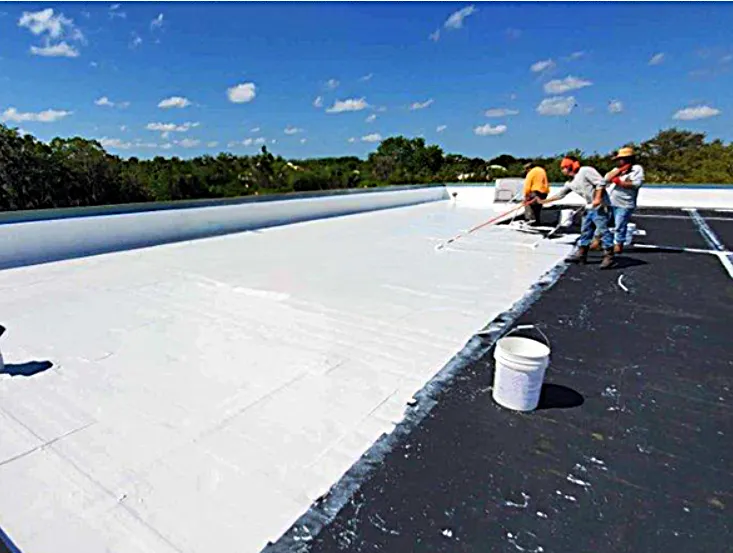
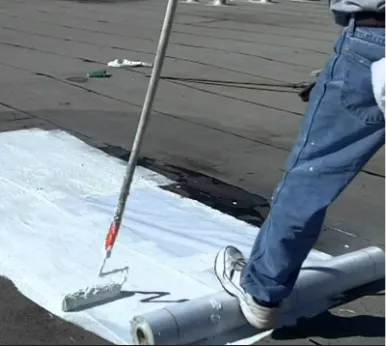
How They Work:
Elastomeric coatings are typically made from acrylic, silicone, or polyurethane polymers. These polymers provide the coating with its elastic properties, allowing it to expand and contract with the roof surface without cracking or peeling.
Suitable Roof Types:
Elastomeric coatings can be applied to a variety of roof substrates, including:
•Built-Up Roofs like tar and gravel
•Asphalt Shingles
•Flat Roofs like TPO, EPDM, PCV, Modified Bitumen
•Spray Polyurethane Foam (SPF)**
Maintenance:
While elastomeric coatings are highly durable, periodic inspections and maintenance are recommended to ensure their long-term performance.
The bottom line?
If you're looking for a durable, affordable way to renew and protect your roof, elastomeric coatings are the way to go. It's like giving your roof a suit of armor!💪
ASK IF YOUR ROOF QUALIFIES FOR A ROOF COATING!
Our Latest Projects
Our Team

John Doe

John Doe

John Doe

John Doe

1000+
Roofs Replaced & Repaired

1,000+
Happy Clients

Since 2004
FAQ
How Much Does Roofing Cost?
The cost of roofing can vary significantly based on several factors, including the type of material, the size of the roof, and labor expenses. For a typical 2,000 sq ft home, asphalt shingles might range from $5,000 to $15,000. Tile or slate roofs often fall between $15,000 and $30,000 or more. Additional expenses may come from removing an old roof or installing features like skylights. To get a more precise estimate, it's best to obtain quotes from local contractors.
What are the Different Types of Roofs?
There are several types of roofs commonly used in construction, each with its own characteristics and advantages:
1. Asphalt Shingles: Affordable and easy to install, available in various colors and styles.
2. Metal Roofing: Durable and long-lasting, available in sheets or shingles, can be made of steel, aluminum, zinc, or copper.
3. Tile Roofing: Clay or concrete tiles, known for their aesthetic appeal and durability, but can be heavy and require a strong roof structure.
4. Slate Roofing: Natural stone tiles, extremely durable and fire-resistant, but expensive and heavy.
5. Shingle Roofing: Made from cedar, redwood, or other woods, aesthetically pleasing but requires maintenance and may be less fire-resistant.
6. Flat Roof: Typically used in commercial buildings, can be covered with various materials like EPDM rubber, TPO, or modified bitumen.
Is a Cool Roof Expensive?
A cool roof can be more expensive upfront than traditional roofing options, as it often involves specialized materials or coatings designed to reflect sunlight and reduce heat absorption. However, the long-term savings on energy bills can offset the initial investment. Additionally, cool roofs can improve indoor comfort and may qualify for certain rebates or incentives. Overall, while the initial cost may be higher, the benefits often make it a cost-effective choice in the long run.
Applying a roof coating can also be a great way to have reflective material and also extend the life of your roof. Ask us about roof coatings.

How Effective is Cool Roof?
Cool roofs are highly effective at reducing heat absorption, leading to several benefits. They can lower rooftop temperatures by 20 to 40 degrees Fahrenheit compared to traditional roofs, significantly decreasing the heat transferred into buildings. This can result in reduced energy consumption for air conditioning, lower electricity bills, and improved indoor comfort. Additionally, cool roofs help mitigate urban heat island effects, contributing to cooler surrounding areas and potentially lowering peak electricity demand. Overall, their effectiveness makes them a smart choice for energy efficiency and sustainability.

Is a roof coating right for my home?
Roof coatings can be a great option for many homes, but their suitability depends on several factors. They are ideal for extending the life of an existing roof, improving energy efficiency, and providing additional waterproofing. If your roof has minor damage, leaks, or is made of flat or low-slope materials, a coating can be effective. However, if your roof has significant structural issues or extensive damage, it may require more comprehensive repairs or replacement. Consulting with a roofing professional can help determine if roof coatings are the right choice for your specific situation.
Coating are normally applied to flat roofs. They can also be applied to sloped roofs.
How do I know when to replace my roof?
You may need to replace your roof if you notice the following signs:
1. Age: If your roof is over 20 years old, it may be time for a replacement, especially if it has asphalt shingles.
2. Leaks and Water Damage: Frequent leaks or water stains on ceilings indicate underlying issues.
3. Curling or Missing Shingles: Shingles that are curling, buckling, or missing can compromise your roof’s integrity.
4. Granule Loss: If you see granules from shingles in your gutters or on the ground, this could indicate deterioration.
5. Sagging Roof: A sagging roofline can signal structural problems.
6. Mold or Moss Growth: Excessive mold or moss can trap moisture and lead to damage.
7. Light Penetration: If you see light coming through your roof boards, it may indicate holes or gaps.
If you notice any of these signs, it's best to consult a roofing professional for an assessment.

How long does the roofing installation process take?
The roofing installation process typically takes anywhere from a few days to a couple of weeks, depending on several factors.
For a standard residential roof, you can generally expect the installation to be completed in 1 to 7 days. Factors that influence the timeline include the size and complexity of the roof, the type of materials used, weather conditions, and whether any repairs or removal of the old roof are necessary.
Consulting with your roofing contractor can provide a more accurate estimate based on your specific situation.
Check Our Roofing Blog (Coming Soon)
4 Benefits Of Getting My Commercial Roof Fixed
(Coming Soon)
4 Great Benefits Of Fixed My Roof Having your roof repaired will protect your home from intruders, natural elements, and pests. It will also help you prevent mold and water damage. In addition, you will want to get your roof inspected on a regular basis. 1. Repairing a leaky roof
Read More »
The Ultimate Commercial Roofing System Guide
(Coming Soon)
Has your commercial roof run its course? Looking to install commercial roofing for the first time? If so, you have a number of systems to choose from. These commercial roof systems differ not only in terms of durability but in terms of maintenance, insulation, and a variety of other characteristics
Read More »
Everything You Need To Know About Commercial Cool Roof Coatings
(Coming Soon)
It’s no secret that it can get pretty hot here in OC and it’s also no secret that air conditioning bills can stretch higher than a downtown skyscraper while you try to keep your commercial building cool. Orange County Roofing Company is here to offer some useful information on how you
Roof Maintenance Programs Available
Looking for an annual roof maintenance plan? We’ve got you covered! Literally! Our team can provide annual or bi-annual roof cleaning and tune-ups. Studies show that regular roof maintenance actually saves you money because you prevent small issues from turning into BIG ones.
About
Orange County Roofing, a family-owned and operated business, has been serving the commercial roofing needs of Southern California since 1999.
Areas we serve:
Orange County, South LA County and North San Diego County.
» Got roof issues? We Have You Covered!
About us
We started roofing for companies as employees. As we learned the installation process and how to do full roofing projects, we began to help friends with their roofs. Shortly after, we started to get referrals and learned other ways to connect with more home owners looking for roof repairs.
Our team is our family, and we nurture new talent in our procedures, ethics, and methodologies to foster a standard higher than even national industry regulations. We’ve worked for 15+ years to build a position of reliability, and now we’d like to invite you to put that reliability to the test.
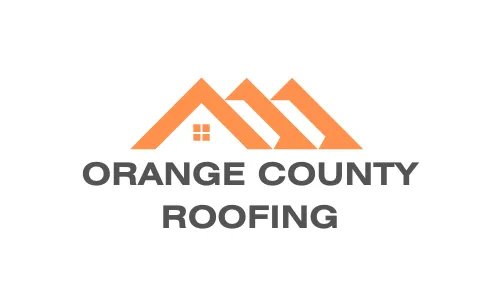
Quick Links
Quick Links
For framing services, Visit our friends by clicking the link below:
Services
Roof Replacement
Leak Repair
Shingle Roofing
Broken Tile Replacement
Office Details
949-881-5616
Huntington Beach CA and Escondido CA
Office Hours:
Mon–Fri: 8am–5pm
Copyright © 2025 All Rights Reserved.
